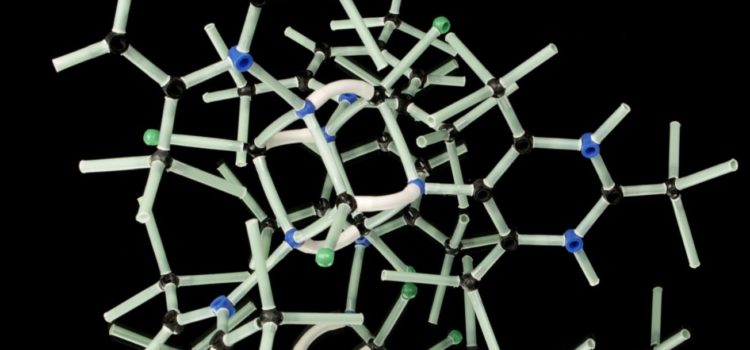Is your emotional side stronger than your rational side? How can you leverage your emotional energy to make positive changes? Your emotional side is usually to blame when changes fail. However, your emotional side is stronger than your rational side. If you learn to harness your emotional energy, it can be a major force for positive change. Keep reading to learn how to get your emotional energy moving in the right direction.
Emotional Energy: The Driving Force of Change










